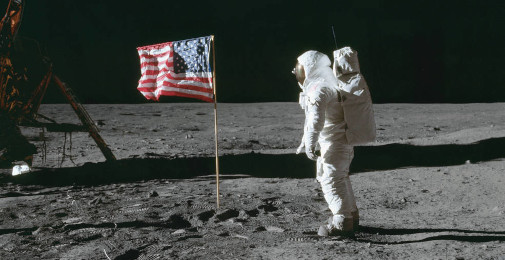Abraham Lincoln? Francis Bicknell Carpenter? Carl Sandburg? Anonymous?
Question for Quote Investigator: Apparently Abraham Lincoln employed a vividly powerful metaphor when discussing the people’s responsibility during an election. The precise phrasing is uncertain. Here is one version:
If the people turn their backs to a fire they will burn their behinds, and they will just have to sit on their blisters.
Would you please help me to find the correct phrasing and a precise citation?
Reply from Quote Investigator: Lincoln died on April 15, 1865, and the earliest match known to QI appeared in an 1866 book of reminiscences by U.S. painter Francis Bicknell Carpenter titled “Six Months at The White House with Abraham Lincoln: The Story of a Picture”.
Carpenter wished to paint a picture commemorating the Emancipation Proclamation, and he met with Lincoln about the project in February 1864. He was given space for a studio within the White House, and he worked on the painting until it was completed for viewing in July 1864.
Carpenter’s book contained many anecdotes about Lincoln. One of Carpenter’s unnamed friends was the private secretary of a cabinet minister. In August 1864 the friend was tasked with presenting to Lincoln an assessment of the upcoming election. Unfortunately, the prospects seemed gloomy. Boldface added to excerpts by QI:1
My friend said that he found Mr. Lincoln alone, looking more than usually careworn and sad. Upon hearing the statement, he walked two or three times across the floor in silence. Returning, he said with grim earnestness of tone and manner: “Well, I cannot run the political machine; I have enough on my hands without that. It is the people’s business, — the election is in their hands. If they turn their backs to the fire, and get scorched in the rear, they’ll find they have got to ‘sit’ on the ‘blister ’!”
This citation is substantive, but the accuracy of this quotation is dependent on the veracity and the memory of Carpenter and his friend. The figurative framework of fire and blisters has a long history as shown below.
Here are additional selected citations in chronological order.
Continue reading “Quote Origin: If They Turn Their Backs To the Fire, and Get Scorched in the Rear, They’ll Find They Have Got To ‘Sit’ on the ‘Blister’!”




